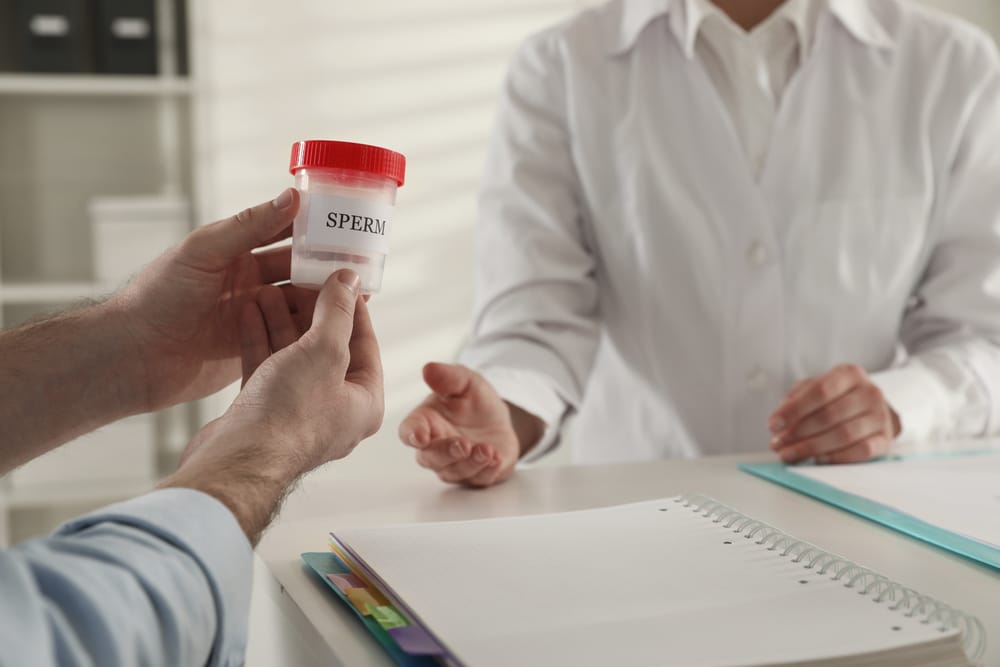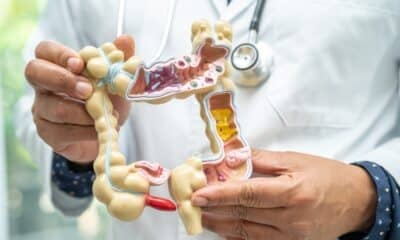Must Read Information For Aspiring Sperm Donors
For a great number of couples, starting a family comes without much effort, with 85% succeeding within the first year of attempting conception. Nonetheless, there exists a group of couples for whom this journey is fraught with challenges. In such circumstances, sperm donation becomes a beacon of hope, offering an alternative pathway to parenthood when natural conception is not viable.
This resource is dedicated to those contemplating the idea of sperm donation. It will delve into the expectations, preparative measures, and the profound influence that this decision can harbor. Armed with knowledge about the procedure and all that it entails, potential donors can approach the choice with a heightened sense of confidence and awareness.
Qualification Criteria
An integral step to becoming a donor is fulfilling certain qualification criteria. Sperm banks commonly set an age bracket for donors from 18 to 39, coupled with requirements for excellent physical and mental health. A robust screening which encompasses medical and genetic histories is crucial to safeguard both the donor’s health and that of the prospective children.
The screening process acts as a gatekeeper, ensuring that only individuals who meet stringent health requirements are considered. Some facilities may impose further qualifications related to education or particular physical attributes to meet the diverse needs and preferences of those seeking donations.
Insights into the Donation Journey
The journey of a sperm donor begins with a detailed application and health assessment. Successful candidates are often required to refrain from sexual activity for a short period before donation to optimize sperm quality. The actual donation is conducted discreetly and usually anonymously at a specialized clinic.
The frequency of donations can vary, as sperm banks aim to maintain an ample supply of superior quality sperm. Regular communication with the clinic for health updates is crucial, as it assists in monitoring any potential long-term health implications.
Legal and Moral Reflections
Navigating the legal landscape of sperm donation is pivotal. Donors commonly agree to forego any parental rights concerning offspring resulting from their donation. The choice to remain unknown to the recipients is also prevalent. Ethically, it’s prudent for donors to reflect on the future implications of their donation, including any potential interaction with offspring, subject to legal agreements and prevailing laws.
Laws can evolve, which may alter the anonymity provisions, making legal counsel advisable. Emotional ramifications for both the donor and future progeny should also be contemplated.
Physical and Emotional Preparedness
Donors are advised to approach both physical and emotional readiness with commitment. Adopting a healthy lifestyle, abstaining from harmful habits like smoking, and moderating alcohol consumption to preserve sperm quality are essential, alongside considering the emotional intricacies of fathering children whom they may never encounter.
Engaging in open dialogue with mental health professionals to navigate these complex feelings is advantageous. Frequent psychological health assessments offer support in sustaining emotional fortitude throughout the donor’s journey. Recognizing and accommodating the enduring nature of their genetic legacy necessitates a strong mental constitution.
Incentives and Advantages
Various motives, including monetary compensation, drive individuals to consider donating. Clinics commonly remunerate for the commitment and efforts involved in the donation process, with compensation rates varying across institutions. Prospective donors should inquire about these details beforehand.
The feeling of fulfillment derived from aiding others to fulfill their parenting aspirations is another compelling reason for donors. Additionally, the regular donation schedule’s potential impact on one’s personal and professional life warrants careful consideration to safeguard the donor’s overall wellbeing.
Addressing Common Concerns and Inquiries
Potential donors are often faced with numerous questions surrounding the impact of donation on their health or fertility; however, research has shown no adverse effects. Concerns related to the confidentiality and management of donations and personal information are also prevalent.
Respectable clinics prioritize these concerns, offering transparency and guidance. Donors should also remain vigilant of changing laws that could influence their anonymity or obligations. It is essential for donors to stay abreast of current and future legal conditions associated with sperm donation.
















